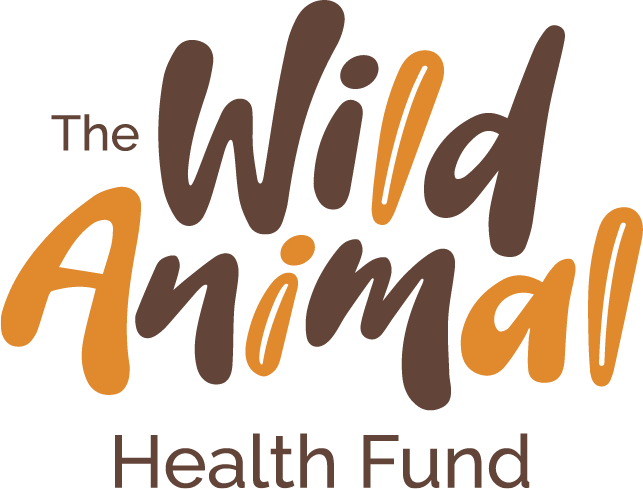2024 Research Projects
Total Amount Funded: $221,231.55
Your support gives these species a chance.
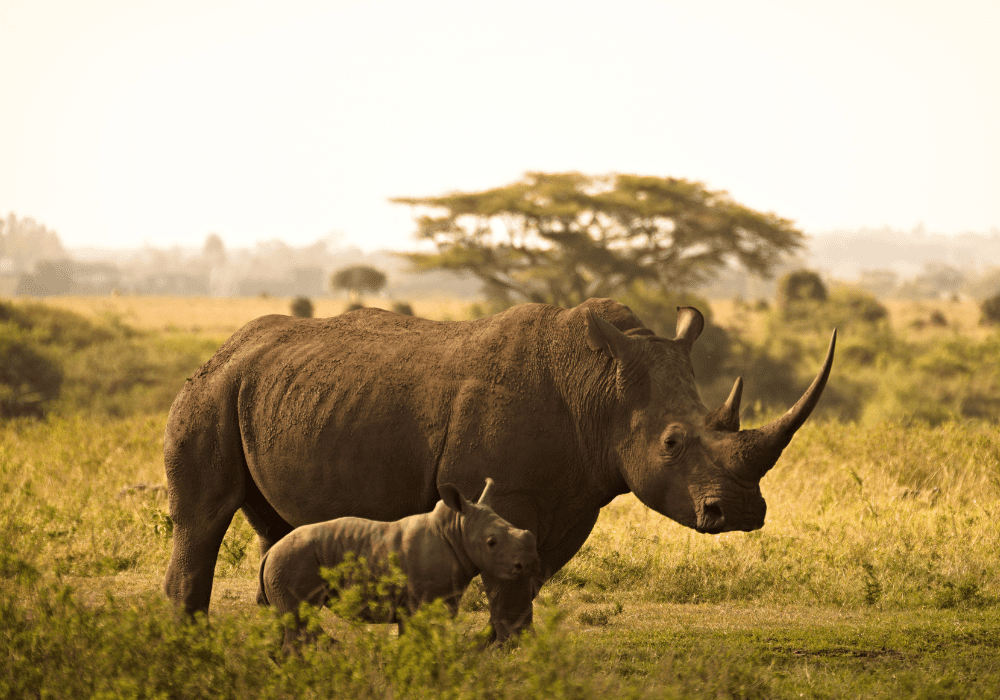
Investigating new biomarkers for rhino health and wellbeing
This study aims to validate three new rhino biomarkers and to investigate how they relate to behavioral and socio-environmental conditions across facilities. Results will help guide husbandry and breeding efforts to ensure healthy, sustainable populations of black and white rhinos.
Amount funded: $9,773.00
Evaluating the prevalence of pathogens in Chelonians from Guatemala
The threat of international trade has increased protections for mud and musk turtles. In an effort to ensure impactful results from these conservation measures, baseline data on the species and their populations are needed.
Amount funded: $18,900.00
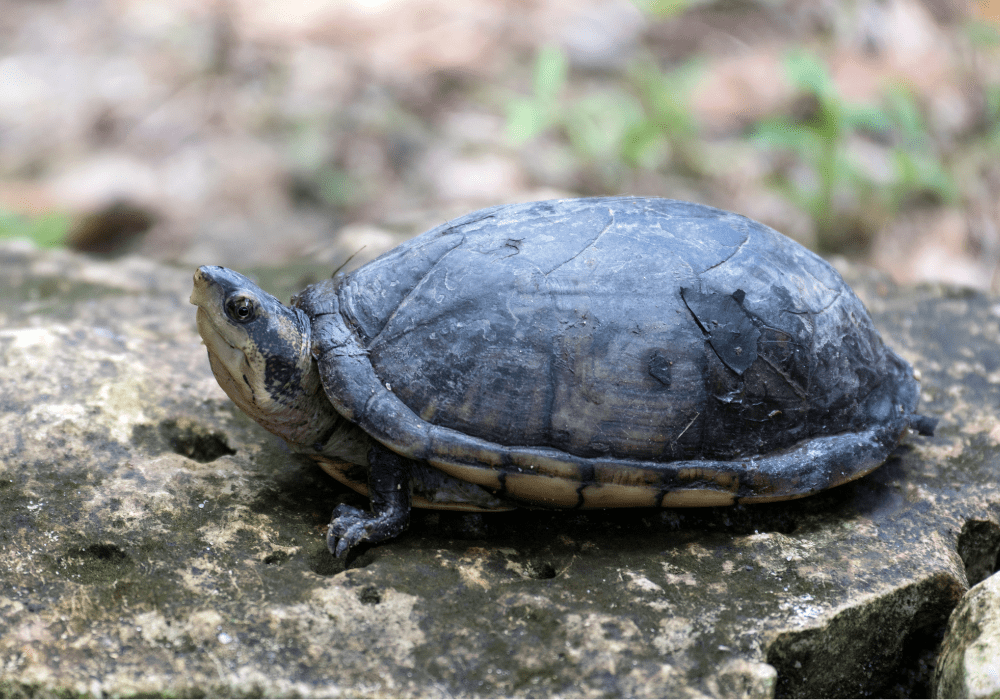
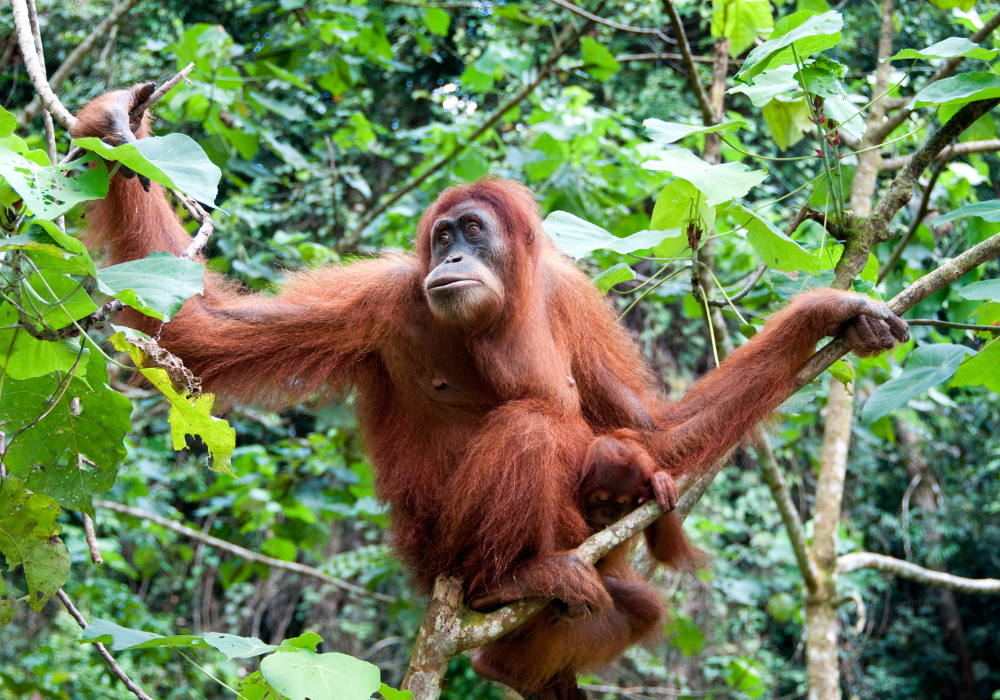
Characterizing ovarian aging and reproductive senoscene in orangutans
Ovarian aging has been documented in several nonhuman primate species, but there is currently no conclusive evidence to support or reject the notion that orangutans undergo menopause. This study will examine archived reproductive tissues to evaluate for signs of ovarian aging and factors that may influence the timing of menopause in orangutans.
Amount funded: $3,334.00
Understanding changes in immune function during musth in Asian elephants
Musth is a period of heightened reproduction in elephants accompanied by a suite of behavioral and physiological changes. This project seeks to better understand possible immune changes that occur during musth in Asian elephants to understand potential health consequences.
Amount funded: $9,905.00
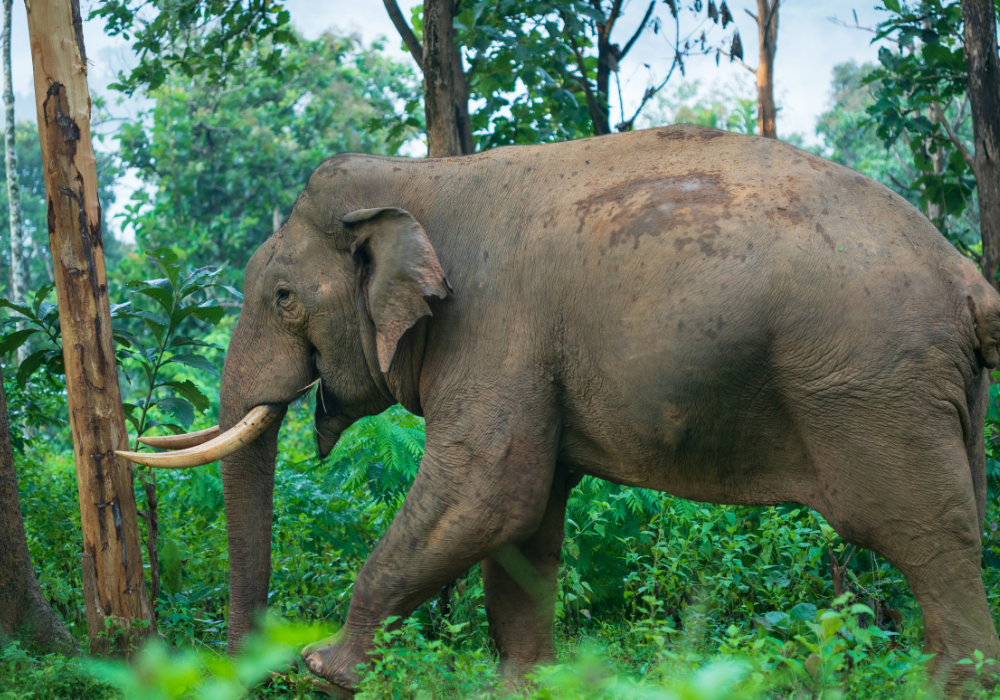
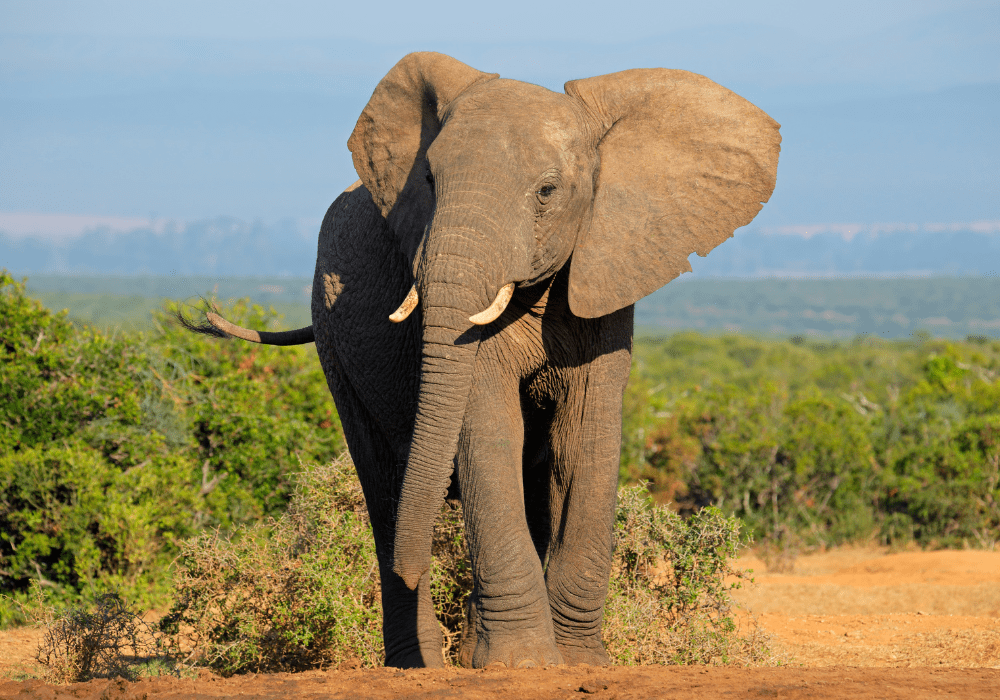
Evaluating immune responses in African elephants
In this study, blood and respiratory samples from free-ranging African elephants in Kruger National Park, South Africa, will be used to create a database of genetic sequences to identify pathways involved in elephant immune responses. This is essential for improving treatment, developing vaccines, and creating diagnostic tests that will promote health and welfare of this species.
Amount funded: $19,920.00
Understanding etorphine anesthesia in rhinos using horses as a physiological model
Etorphine seems to activate stress responses in horses and rhinos, which affects their heart and lung function. This project will look at etorphine anesthesia in horses and compare their heart and lung function to that of anesthetized rhinos. This approach will help wildlife veterinarians understand more etorphine side effects and what we can do to make anesthesia safer for wild rhinos.
Amount funded: $22,500.00
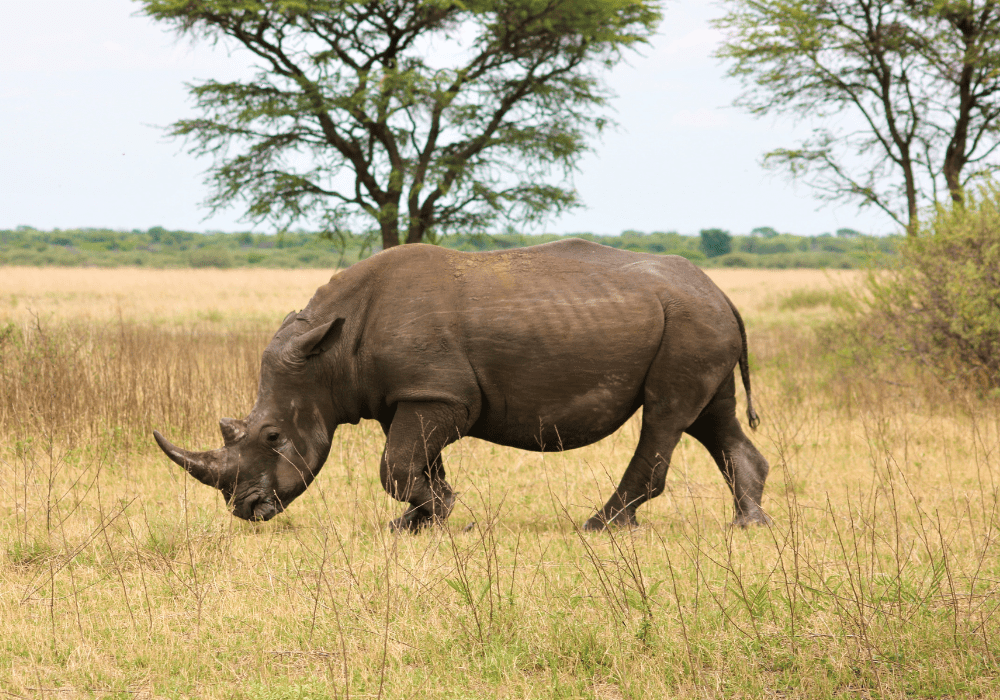
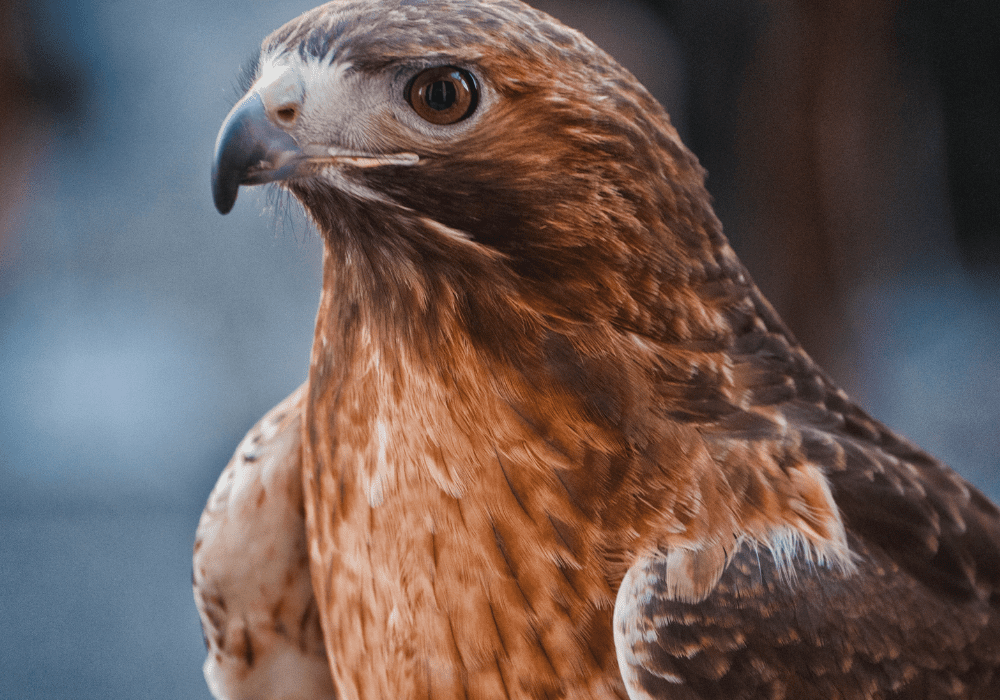
Investigating the clinical outcomes of anticoagulant rodenticide exposure in raptors
Raptors are frequently exposed to anticoagulant rodenticide pesticides through consumption of poisoned prey. This can result in variety of clinical manifestations, including death. This study investigates the association between anticoagulant rodenticide exposure and clinical outcomes in raptors at rehabilitation clinics to better understand health impacts and overall survivability.
Amount funded: $22,459.41
Characterizating the virome of the primates in Rwanda
To understand complex health issues in non-human primates, this project will analyze normal and abnormal viral communities in mountain gorilla and golden monkey digestive tracts. This will provide critical information about virus composition from several parts of the body and diversity as well as variations by season and geographic area. The goal of this project is to identify risk factors for infectious diseases and identify potential mitigation activities to contribute to the long-term conservation of these endangered species.
Amount funded: $7,500.00
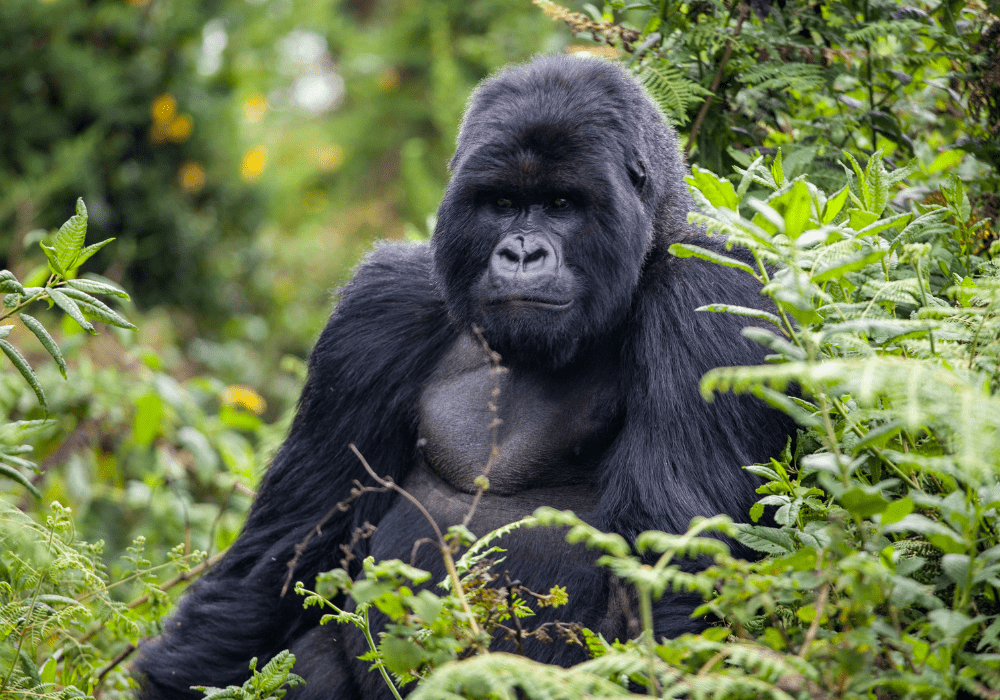

Evaluating the feasibility of long-term frozen blood banking in zoo species
Blood transfusions, although difficult to perform in some species, can be life-saving treatments for animals. However, zoo blood transfusions are rare enough that blood banked expires quickly. This study aims to evaluate if red blood cells from many different zoo species can be cryopreserved and then utilized for compatibility testing and future transfusions. If successful, this study could lay the groundwork for a nationwide frozen blood bank for zoos.
Amount funded: $13,554.50
Determining the feasability of topical medication in white rhinoceros
Topical medications are not often utilized in thick-skinned species due to the concern for lack of absorption. This study will investigate medcation absorption rates in white rhinoceros. This information will be helpful in treating a wide range of diseases that can lead to pain and inflammation, especially in animals that are unable to take medications by mouth; a common occurrence in sick animals.
Amount funded: $8,956.64
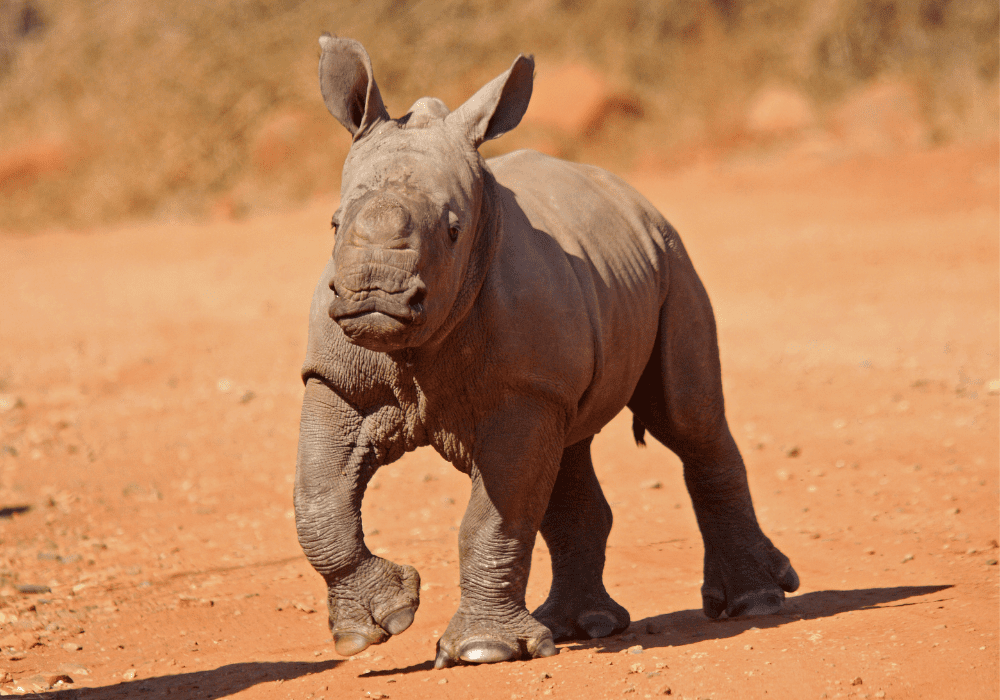
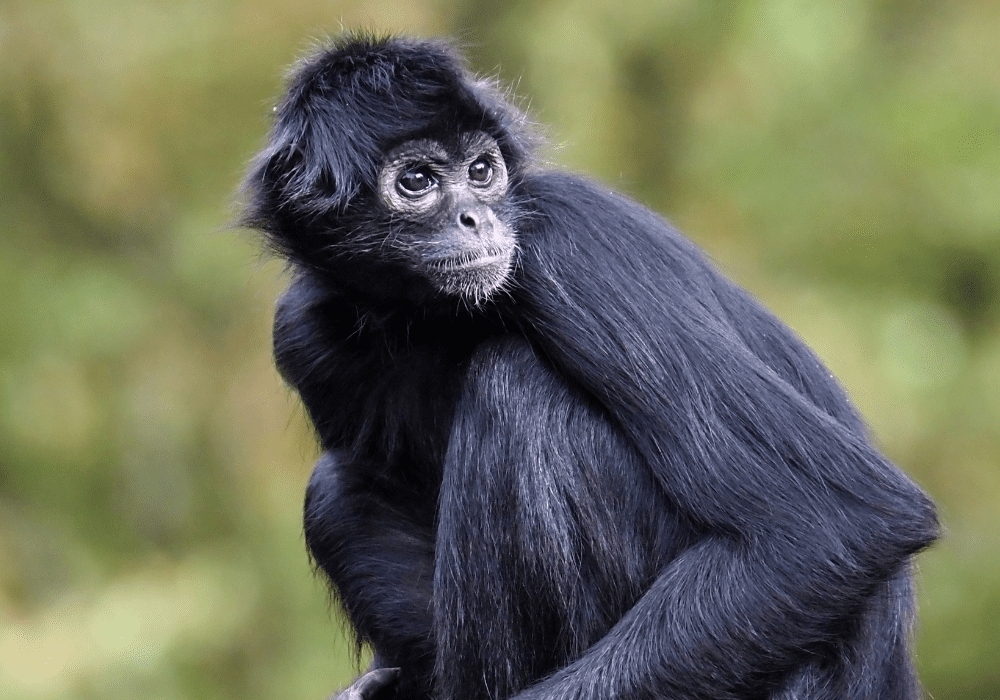
Understanding the susceptibility of Herpes simplex virus 1 among trafficked primates in Peru
Wildlife trafficking in Peru often leads to close contact between humans and neotropical primates which can result in the transmission of Herpes simplex virus 1 from humans to primates. However, it is not clear why some neotropical primates get very sick from the virus while others do not show any specific symptoms at all. This study will explore the specific gene differences in symptomatic and asymptomatic cases to understand how mutations impact the rate of infection.
Amount funded: $22,290.00
Investigating symmetric dimethylarginine as a measure for renal disease in greater kudu
Premortem renal disease is likely under reported in ruminant species due to a lack of normal reference ranges for this early marker of kidney impaired function. This study will determine normal reference ranges and evaluate histopathology reports for kudu with and without renal disease. This information will generate a database of greater kudu serum SDMA samples to use as a biomarker for early diagnosis and treatment of renal disease in greater kudu.
Amount funded: $4,080.00
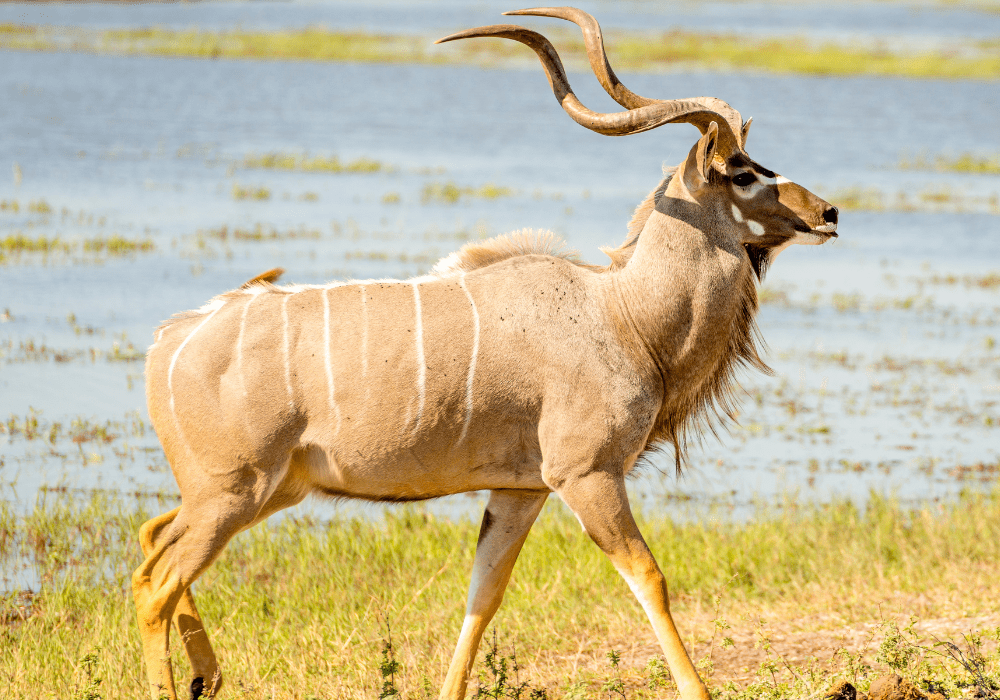
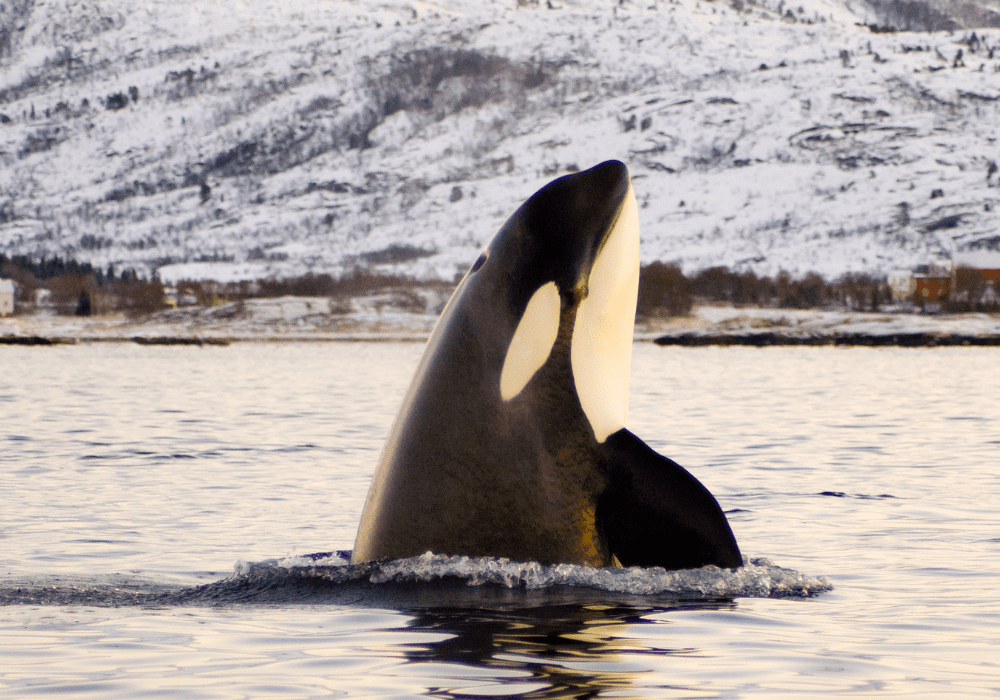
Identifying novel tools for post-mortem diagnostics and disease in whales
There is limited understanding of the pathophysiology of disease and response to stressors in large baleen whales and deep-diving whales. This study will perform molecular analyses of opportunistically collected samples from stranded baleen whales and deep-diving whales, providing fine-scale detail on metabolic state, mechanisms of disease, and additional diagnostic tools for postmortem assessment of stranded whales.
Amount funded: $19,724.00
Establishing and evaluating robenacoxib dosage for tigers
Tigers in managed care are often treated with non-steroidal anti-inflammatory drugs. Robenacoxib, used for pain relief, suggests better safety for long-term use in tigers than other medications. This study will determine an appropriate drug dose and evaluate the pharmacokinetic profile.
Amount funded: $3,710.00


Determining the causes of respiratory disease in moose
It is unknown if spillover events from livestock, including bison, have introduced several viruses to moose populations or if there are wildlife-specific viruses that are responsible. This project will investigate the relationship between respiratory disease in moose and viruses that infect livestock.
Amount funded: $19,800.00
Establishing a visually-based scoring system for free-ranging Atlantic horseshoe crabs
The Atlantic horseshoe crab has undergone harvesting for medical purposes and bait over many decades, leading to population declines along unprotected areas of the Atlantic coast. This study aims to develop and validate a visually-based health scoring system that community scientists can use to track horseshoe crab health in conjunction with population status.
Amount funded: $7,500.00
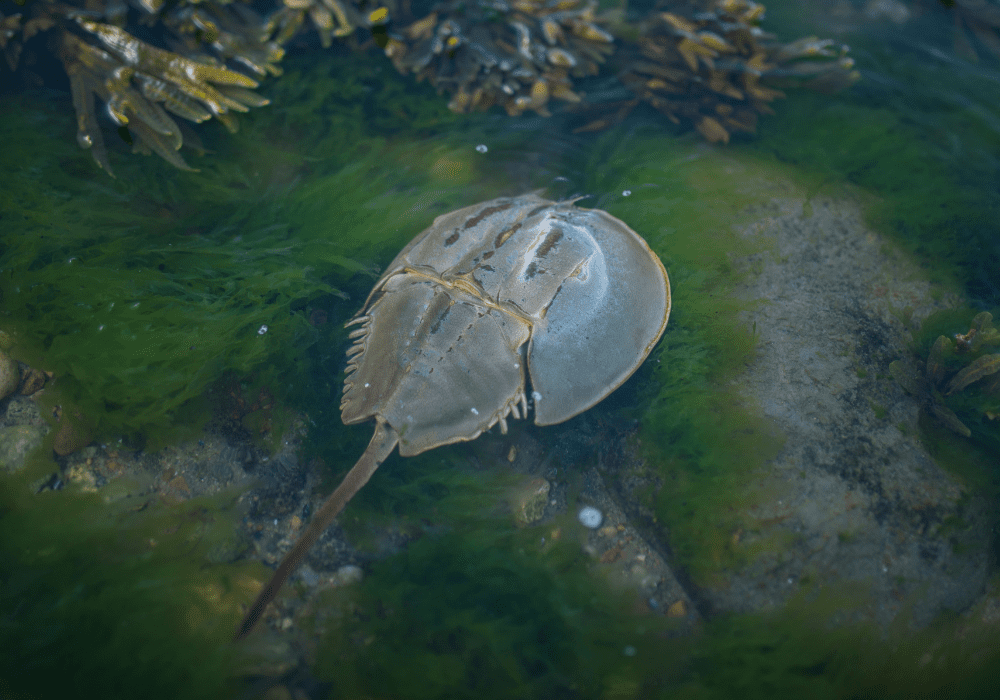
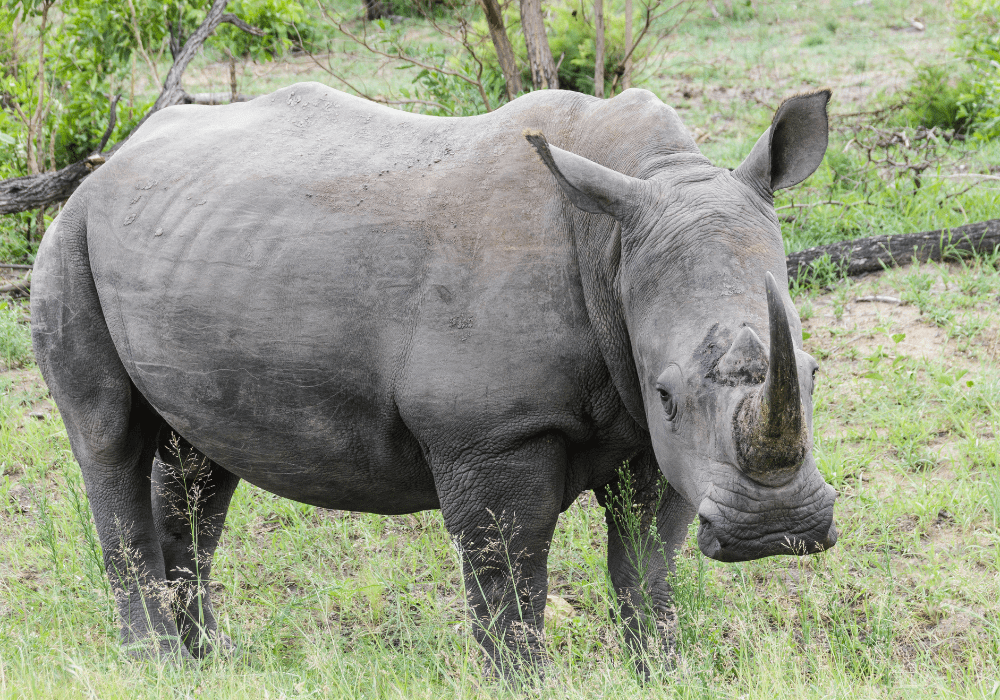
Investigating the presence of hemoparasites in free-ranging white rhinoceros
Microscopic parasites in blood cells, or hemoparasites, can lead to serious illness in a wide variety of species There are relatively few studies that describe hemoparasites in African rhinoceros. This study will look for the presence of hemoparasites in free-ranging white rhinos from Kruger National Park in South Africa, and correlations to other parameters of health.
Amount funded: $7,325.00
Testimonials
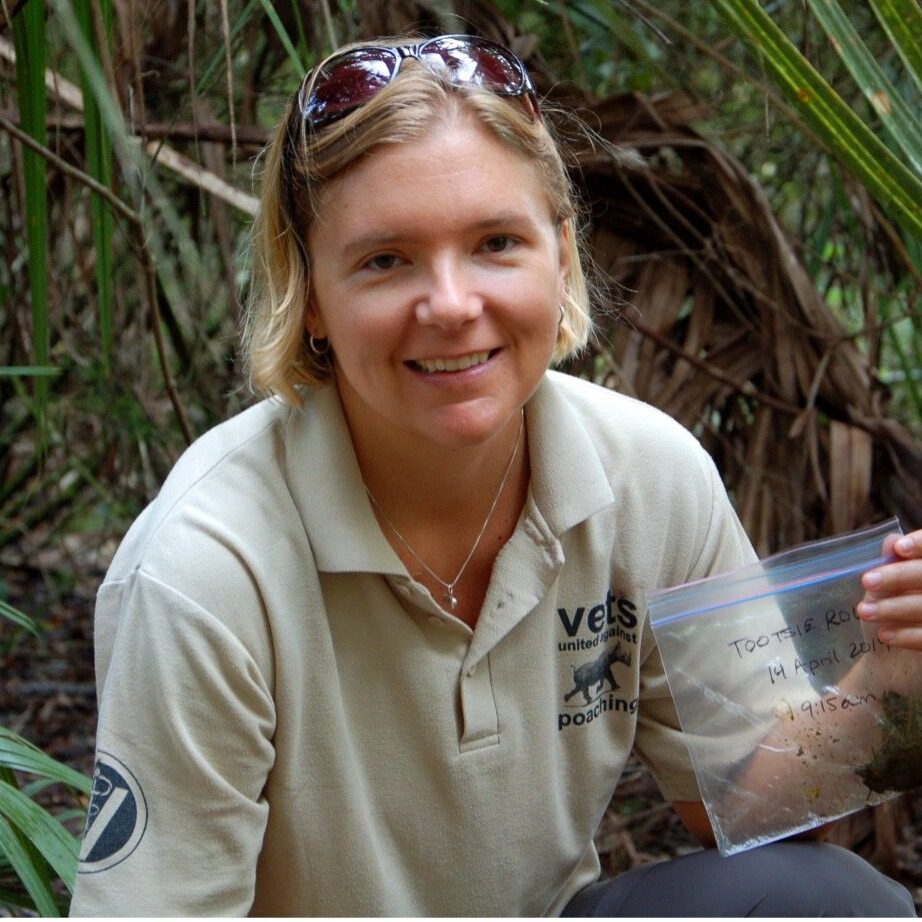
"I would like to express my appreciation to the AAZV Wildlife Health Fund Grant Committee for selecting my project as one of this year's grant recipients. I am excited and honored to have received this award."
Dr. Flacke
SEZARC

"We are grateful for the funding that has resulted in these important contributions to wildlife health!"
Dr. Michele Miller
Stellenbosch University
